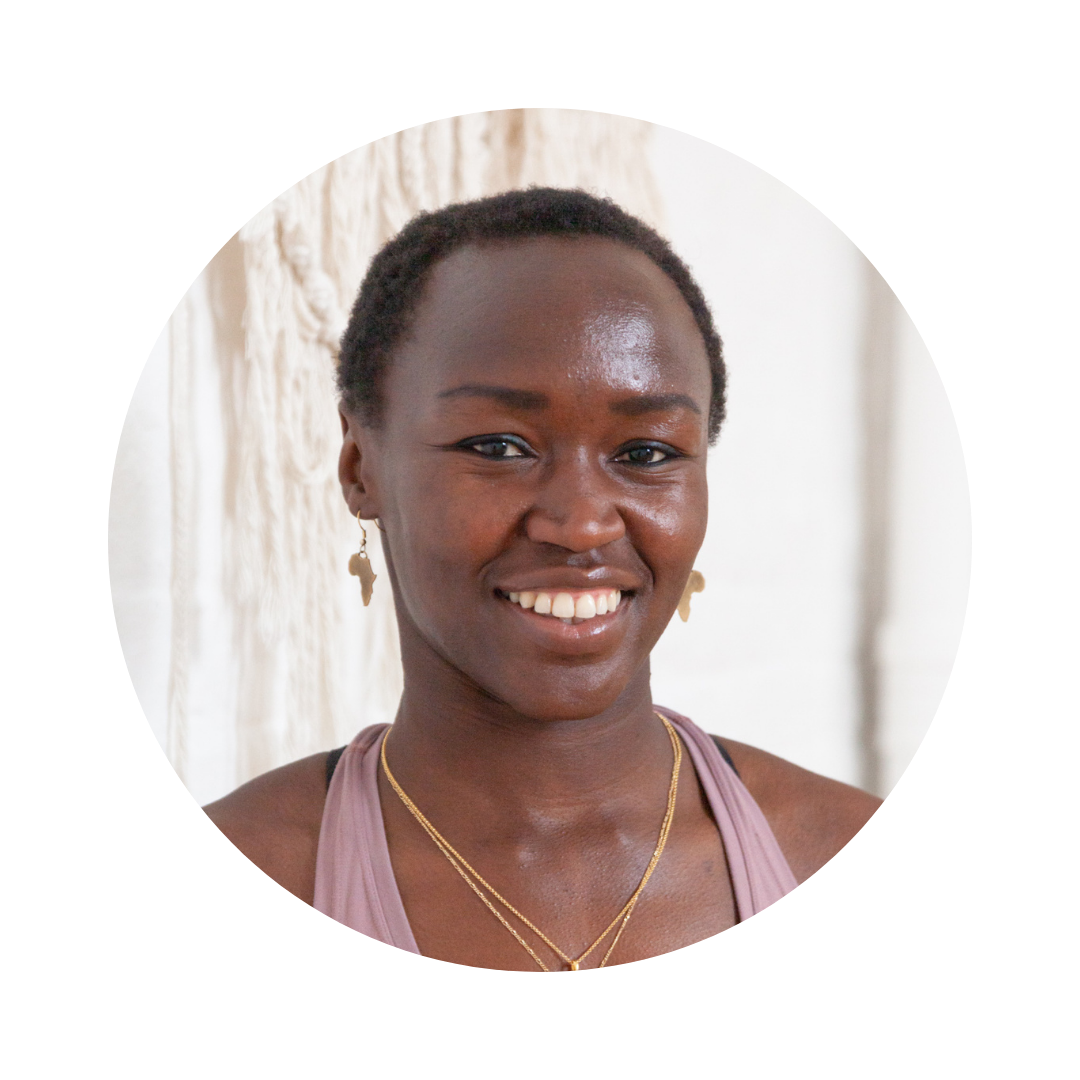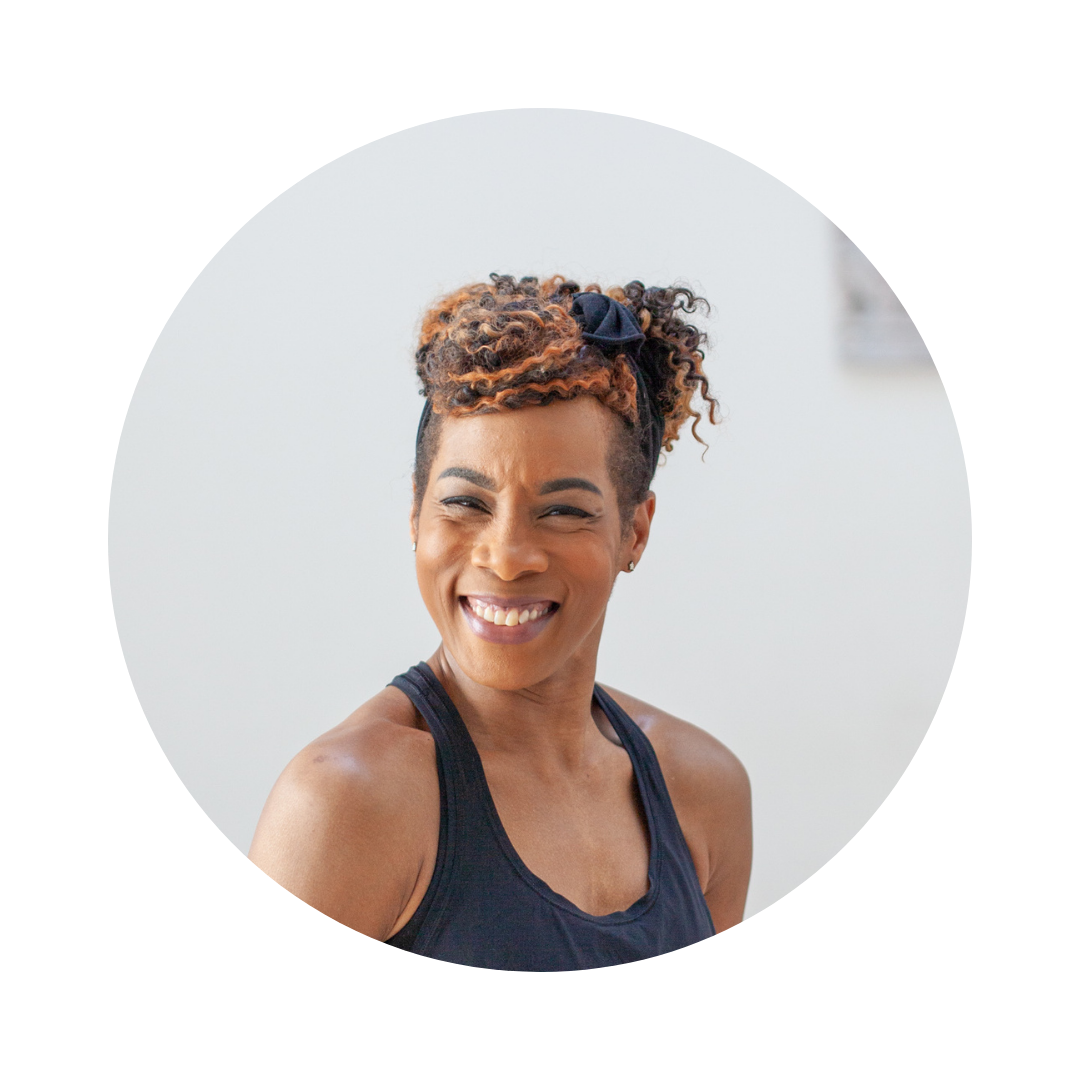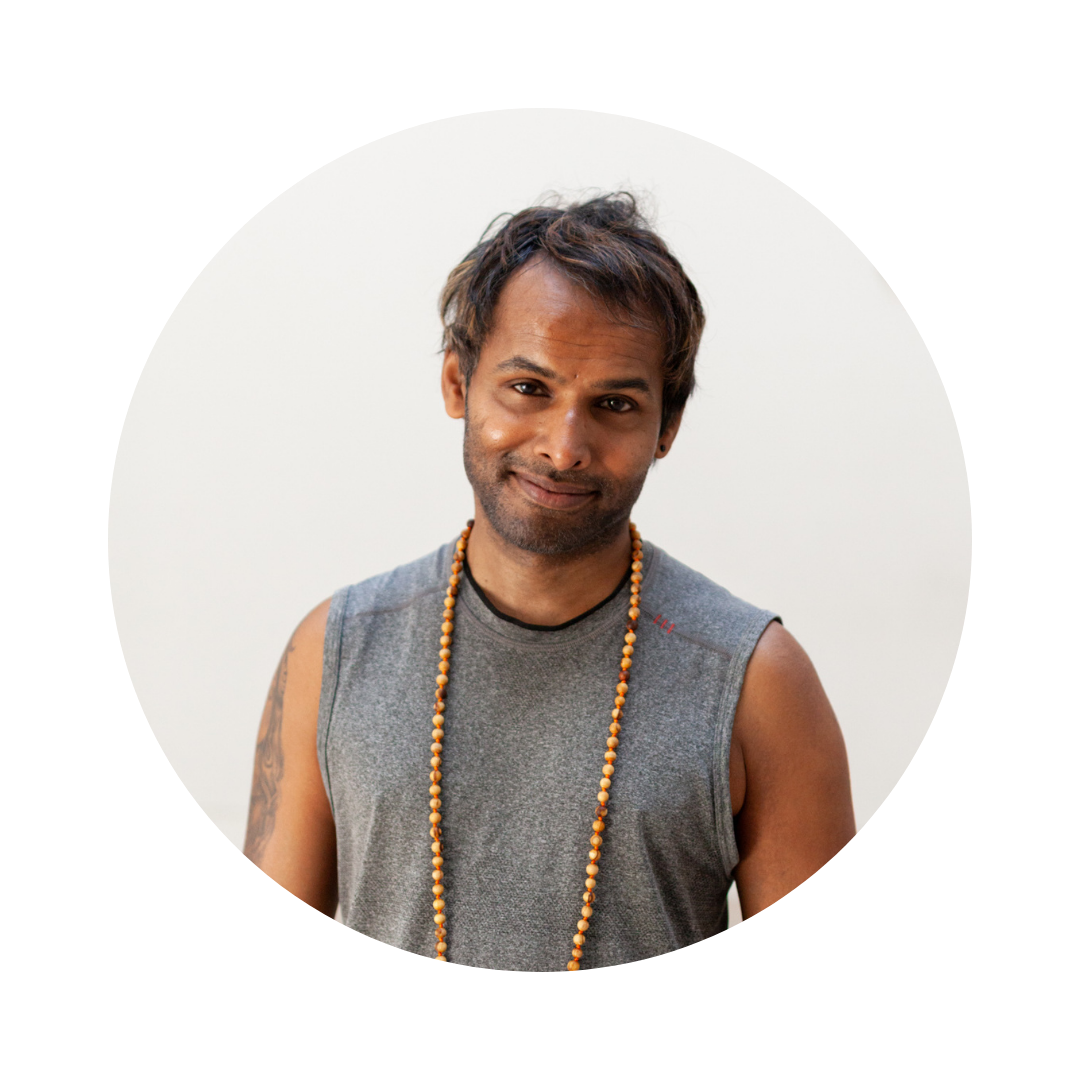Challenging Classes: Dharma, Rocket & fast-progressing practices
There’s a fresh breeze blowing at TLC, have you felt it?
Here at The Life Centre, we are proud of being an original London yoga studio, with a rich history of top-quality teaching and celebrity visitors (ICYMI Madonna, Angela Davis & Kate Moss are just a few famous flow-ers we’ve welcomed through studio doors!)
During the lockdown, our staff and students alike have discovered the benefits of a regular practice in more challenging disciplines of yogic movement.
Less outward ‘freedom’ opened space for experimenting with physical practises, and we’re happy to say, our in-studio, IRL offering is going to reflect and celebrate this diversity more than ever before!
New additions to our program include:
- Dance Flow with Kathy Richardson
- Ballet Barre with Richard Bermange
- Dynamic Flow and Slow Flow with Melissa Zelaya
- Tai Chi & Qigong with Stephen Holder
- Dharma with Emi Tull, Marcia Sharp and David Ramcharran
- Rocket Yoga with Peace Alima
(yes, Dharma is so beneficial and popular, we now have 3 teachers, as well as offerings both IRL and on Zoom!)
For those who have practised with us over lockdown, you may have made a new favourite of other fresh options such as Dharma and Rocket already...
Or, you may be wondering... what exactly is Dharma Yoga? Or Rocket Yoga?
Let’s ask the experts! We asked David, Marcia and Peace to tell us a bit more about their challenging practises, and why it’s worth the wobbles, sweat and giggles!
Friday & Sunday Fundays with Rocket Yoga

What is Rocket Yoga?
Known as the younger, less serious and slightly faster-paced sister of Ashtanga yoga, Rocket breaks the traditional rules.
The Rocket sequence playfully incorporates inversions, arm balances and backbends within the sequence. Beginning each class with the suriyas (Sun salutations As & Bs) yogis link breath with movement while travelling through poses, and are encouraged to explore their limits. As well as the mental benefits gained, the sequence offers interesting transitions and variations of poses suited to all levels, making the practice accessible to all bodies and abilities.
Rocket yoga is designed to make yogis stronger, faster.
Peace, what brought you to Yoga & Rocket Yoga? Why Rocket?
For as long as I can remember I have always been a fan of movement practices and so my natural curiosity brought me to yoga through my need to move. Although I didn’t enjoy my first yoga class, I returned back to the practice a few years after that through Bikram yoga and then this thankfully led me to the practices of Ashtanga vinyasa and Rocket yoga.
I find that Rocket yoga allows me to continually challenge myself with opportunities to work on my mental health through the physical challenges. With every practice I’m presented with a different challenge in rediscovering the natural ways and limits to my movement, a new understanding of my body and a greater understanding of myself.
Favourite thing about Rocket?
It’s fun, it’s got the challenges of the traditional Ashtanga and yet builds up a fire and heat like nothing else. The euphoria that you feel at the end brings you back for me and more.
Favourite benefit of regular Rocket practice?
The endorphins released after the class, it lifts your energy levels and after you feel a sense of euphoria, yet strong.
What kind of person do you think would specifically benefit from a regular Rocket practice?
Rocket yoga is for everyone! More specifically those who find themselves bored of slower-paced practices, someone who is very stressed and needs a physical release - someone with a regular practice and who is drawn to a more playful practice.
Peace Alima will be teaching Rocket at Islington on Fridays at 6.30-7.45pm and Sundays 6-7.15pm. Book here.
Marvellous Mondays with Marcia (& Tuesdays online)

Marcia, What brought you to Dharma Yoga? / Why Dharma?
The unique opportunity to study with a living master of modern yoga - Sri Dharma Mittra (well known for his Master Yoga chart of 908 postures). I chose Dharma Yoga because of the classical style of teaching—it’s a strong, physically-absorbing practice that encourages the student to experience the practice as an active form of meditation.
I wanted to dive deeper into Yamas and Niyamas (yoga’s ethical guidelines explained in the first two limbs of Patanjali’s eightfold path) and how to incorporate them into my teaching and everyday life. Also the 500hrs ATTC is taught in New York, who doesn’t love NYC, what an amazing city!
What other practises compliment Dharma Yoga well?
Strong Ashtanga, Rocket or Jivamukti styles for the blend of strength and a familiar repetitiveness of sequences (useful for progressing ‘quicker’ - if you commit to putting in the work). Also restorative styles such as Yin Yoga, Qi Gong, Meditation and Yoga Nidra.
What does Dharma mean to you?
To me, Dharma Yoga means compassion, humility and selfless service - that it is an absolute privilege to serve others through yoga. To lead a simple and happy life - do well, eat well, be well, being kind to others and yourself.
Favourite thing about Dharma?
Community spirit. Dharma yogis are so lovely & supportive of one another, wherever in the world you may be - it's like a family. I've met and work with some truly inspirational and interesting people, and I have made many beautiful friendships.
Favourite benefit of regular Dharma practice?
Ooh can I have three benefits please? Haha!
1. Invigorating - it’s such an energising and uplifting practice and makes you sweat (in a good way).
2. Challenging - physically and mentally - there’s always something to work on - correct breathing, transitions, working on the bandhas, etc.
3. Calming - the feeling and sense of release after all of the hard work is just so wonderfully therapeutic.
What kind of person do you think would specifically benefit from a regular Dharma practice?
Could be someone who would like to work on strength (body and mind), gain flexibility and wouldn't mind spending some time going upside down a lot (as there are many fun inversions). Someone who wishes to mix up their exercise and fitness programme - perhaps Runners, Cyclists, those who do Pilates, Animal Flow, Rock Climbing/ Bouldering - people who need/ want to to move their bodies in different ways, focus their mind and breath, ultimately just to mix things up a bit ;)
Marcia Sharp will be teaching Dharma at Notting Hill on Mondays and Thursdays at 5.15-6.30pm
She’ll also be teaching online - Dharma will be on Tuesdays at 11-12.15pm
Book here.
Delight in David’s Dharma Days (four times a week!)

David, What brought you to Dharma Yoga? / Why Dharma?
I first found out about Dharma Yoga in 2012, literally by accident, I had practised yoga from a very young age with my pops and then in my late teens mainly hot yoga although I enjoyed it I felt that I needed a deeper practice that incorporated a spiritual element. I practised for many years with a very good Dharma teacher (Mark Kan) in the UK, and then in 2015 I completed my first Teacher Training, in Sivananda Yoga - the roots of Dharma - later that year I met Sri Dharma when I went to do another Teacher Training. I love the spiritual and physical elements of Dharma. To me they meet perfectly.
What other practises compliment Dharma Yoga well?
Dharma is based on Hatha Raja Yoga. Pranayama and Meditation goes really well as does Yoga Nidra and yin. There are many levels of Dharma Yoga. Dharma has about 5 levels, the higher the level the deeper you can go with the physical practice. The nice thing is that there may be some days where you can practice a little softer/lighter and others you can go much deeper.
What does Dharma mean to you?
To me Dharma Yoga means compassion, humility and selfless service - that it is an absolute privilege to serve others through yoga. To lead a simple and happy life - do well, eat well, be well, being kind to others and yourself.
Favourite thing about Dharma?
Anyone no matter what your current ability can practice from a beginner to an advanced student. I like that Dharma allows you to adjust and find your own alignment, sometimes with a little due or two. I love to see how students progress in the practice, as I have done since I started practising Dharma. You only have to look at Sri Dharma who has just turned 82, his practice is age-defying, so amazing!
Favourite benefit of regular Dharma practice?
The body opens up so quickly, you become confident but mindful and some of those asanas that you may have thought would have been impossible to achieve become reality, often very quickly
What kind of person do you think would specifically benefit from a regular Dharma practice?
Anyone who wants to work on finding their own alignment and some of those deeper backbends, inversions and on their personal mindfulness
David Ramcharran will be teaching Dharma at Islington on Tuesdays at 1-2pm and Saturdays 4.30-6pm.
He’ll also be teaching online - Dharma will be on Fridays at 7-8am and Yin with Meditation is on Tuesdays at 8-9pm.
